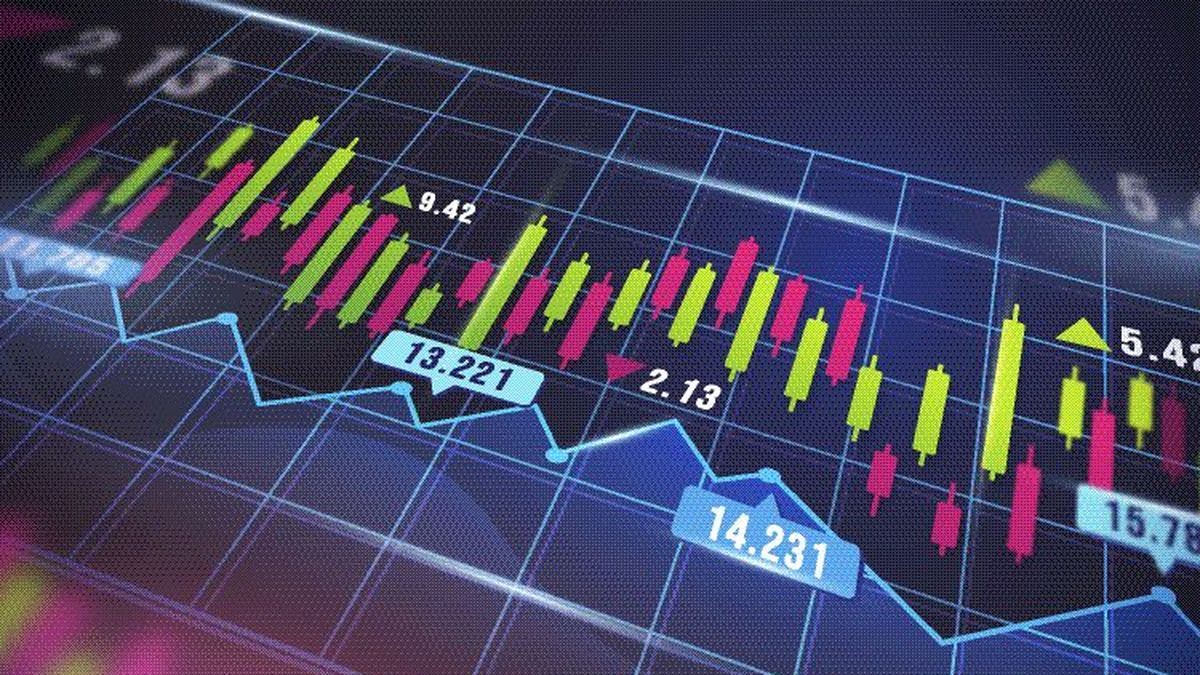“Surely we will see in the coming days additional measures aimed at decompressing exchange rate tensions and placating alternative dollar prices, ideally accompanied by a greater degree of political cohesion,” said Ecolatina.
“The Government’s commitment is that these measures help build a bridge for the coming months when energy imports begin to moderate, in a context in which it has in its favor a stock of no less supply of agricurrency to be liquidated, not There are many months of strong energy imports left and the current alternative levels of the dollar are at very high prices (the times it reached similar levels it could have ‘deflated’ by aligning expectations),” he added.
“In the last rounds, the devaluation rate accelerated to 90% per year. Although this helps keep the dollar from falling behind, being above the interest rate removes incentives for the liquidation of foreign currency. Said factor, more payments of energy, are causing the BCRA to sell almost USD 1,000 million so far in July, the worst performance since 2003,” said Roberto Geretto of Fundcorp.
“The government did not adopt measures that could anchor exchange rate expectations and increase supply in the official market, such as an agreement with the agro-export complex, a rise in interest rates and a more forceful fiscal signal. Given the political limitations, we believe that they are A combination of rate hikes and greater grain marketing incentives is more likely,” said Delphos investment.
“Argentina is on dangerous ground, without money and without a reaction from the government. This is desperate. And today, different political outcomes are becoming more and more present,” said the consulting firm FMyA.
“Silvina Batakis’s trip to the United States is going to seek to establish a personal relationship that is always important. She is going to test the water to see if it is possible to change the goals,” said Héctor Torres, former Argentine director at the IMF, in radio statements.
“Surely the Fund will wonder what kind of policy changes Argentina will make and there the most serious problem I see is that any commitment that Batakis can take can never have more credibility than that of the government where she participates, which is very little,” he added.
* “The main concern today is the lack of price references. When a system loses prices, it loses dynamics. Today we have a totally stuck system because those who have product do not want to sell it because they do not know if they are going to replace it and who have pesos want to speed up purchases,” economist Rodrigo Álvarez said in radio statements.
“The underlying problem is a classic process of spiralization,” he said, estimating that “today you need to change expectations (…) expectations have not changed and it is not Batakis’s fault. I believe that politics has been running far behind events. What used to be fixed with signs, today I have doubts that it will be fixed with concrete facts.
“The devaluation that the government is reluctant to implement could actually happen, with sad reminiscences of our economic history,” said Roberto Drimer of VatNet Financial Research. “Sadly, we continue to move closer to an eventual financial ‘apocalypse,'” he said.
“For now, the currency crisis, which is not over, seems not to affect bank deposits. If the financial system becomes infected, we would go to a new level from which it would be much more difficult to return,” said financial analyst Christian Buteler.
The Center for Economic Studies of the consulting firm Orlando J Ferreres & Asociados estimated that industrial production grew 5.8% year-on-year in June, accumulating an increase of 3.8% for the first half of the year.
“For the year we estimate that the (fiscal) deficit could be around 2.9% of GDP. This implies strong assumptions (cuts) such as not making discretionary spending in the second part of the year and a drop in spending in the second semester of just over 7.7% in real terms. This seems to encounter difficulties given the current configuration of the political-economic situation,” said the ACM consultancy.
“The stock of internal debt in pesos has increased by no less than 40.0 billion dollars (at the official exchange rate) since October 2020, going from 80.1 to 120.1 billion. Without forgetting that the maturity profile has shortened and the demand for money is becoming weaker,” revealed Fundación Mediterránea.
“Investors don’t trust our country, but they do trust our companies,” said Adelmo Gabbi, president of the Buenos Aires Stock Exchange during the 168th anniversary event, affirming that “companies are solvent enough to allow us think about a reversal of expectations”.
Source: Ambito
David William is a talented author who has made a name for himself in the world of writing. He is a professional author who writes on a wide range of topics, from general interest to opinion news. David is currently working as a writer at 24 hours worlds where he brings his unique perspective and in-depth research to his articles, making them both informative and engaging.




